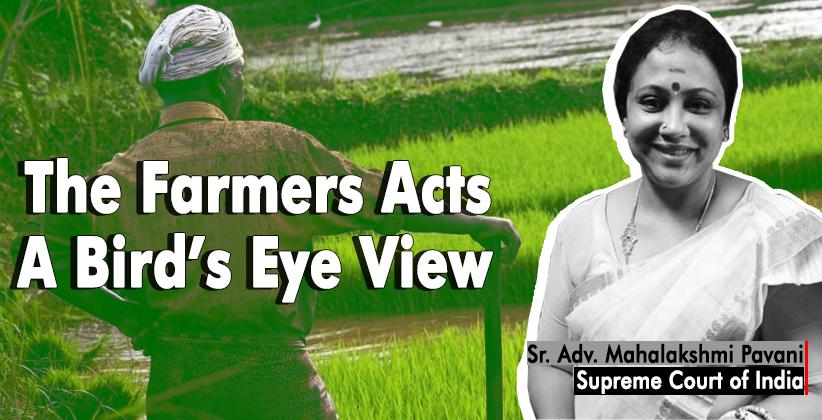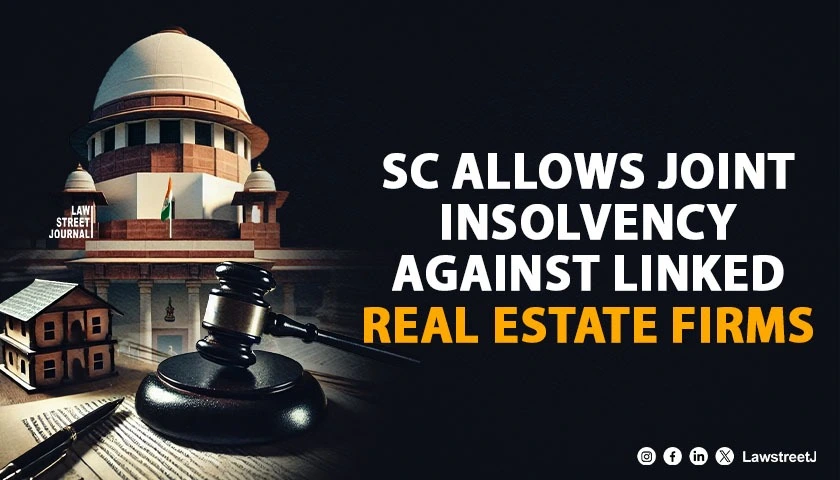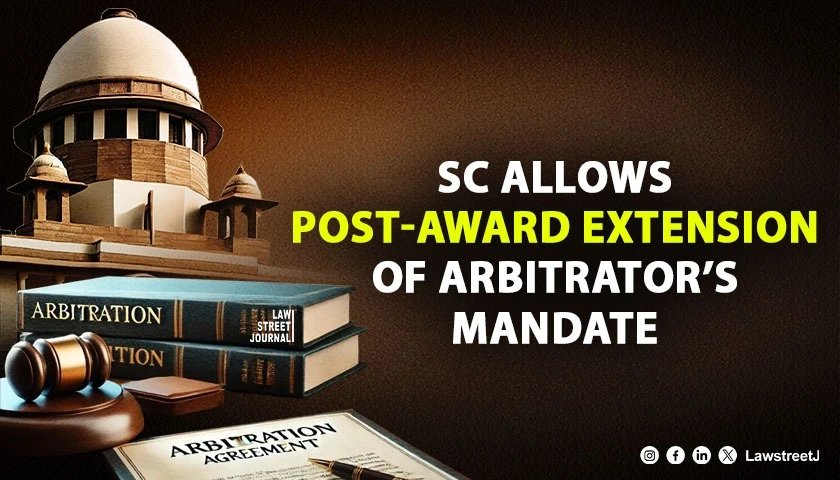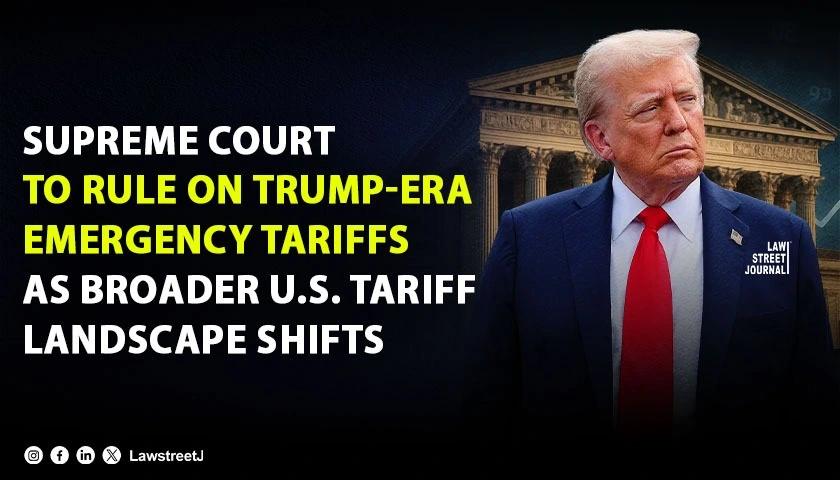The newly enacted Farmers Laws have been a point of burning debate in the country. The Government ensures that the legislations will open fresh avenues for farmers and bring in a steady rise in their overall income. However, in reality, the acts miss out on protective provisions such as the MSP while completely ousting the jurisdiction of Civil Courts. Are they then a boon or a bane? Lets find out from Senior Advocate MAHALAKSHMI PAVANI as she studies the main provisions of the said laws.
The farmer is the only man in our economy who buys everything in retail, sells everything at wholesale, and pays the freight both ways
John. F. Kennedy
On 20th September 2020, the Rajya Sabha passed the contentious Farm bills namely the Farmers Produce Trade & Commerce (Promotion & Facilitation) Bill 2020 (hereinafter referred to as FPTC(P&F)], Farmers (Employment & Protection) Agreement on Price Assurance and Farm Services 2020 [hereinafter referred as F(E&P) APAFS] and the Essential Commodities Amendment Bill 2020. The proposed laws set in motion an uproar in Parliament and caused a setback to the ruling party as the Union Cabinet Minister for Food Processing Industries put forth her resignation in protest to these bills. The precarity & outrage against the law was enough to enable an en masse withdrawal of support from the BJP led government by the political party to which the Ex-Minister hailed. The President of India on 24.09.2020 and 26.09.2020 gave his assent to the bills almost fortuitously notwithstanding the tangible opposition from the agricultural industry which is the primary stakeholder and majorly prejudiced by this law.
The first legislation- The Farmers Produce Trade & Commerce (Promotion & Facilitation) Act, 2020 talks of creating an ecosystem where farmers & traders enjoy freedom of choice relating to sale and purchase of farmers produce which would not confine and trap the farmers to the Agricultural Produce Market Committee of the jurisdiction they are governed by and expand the limited opportunity available to the farmer by shifting from the present mechanism of the APMC model to promote efficient transport & barrier-free interstate & intrastate trade & commerce of farmers produce. It is also startlingly hopeful to make the average Indian farmer technologically savvy for it aims to provide a facilitative framework for electronic trading & for matters connected thereto. The entire scheme of the act, as canvassed by the present dispensation, provides for the setting of a stage for the farmer to establish autonomy to assert himself to the extent of dealing with giant corporations or bigtime retailing traders.
Section 4 of the Act prescribes that any trader, holding a PAN Card, can buy (inter/intra state) the scheduled produce of farmers, preferably on an electronic platform that the Central Govt. may notify as it thinks expedient; the trader is bound to make the payment for the scheduled produce in maximum three days, the mode of payment thereof may differ from case to case.
Section 6, in what would seem as a boon, holds that no market fee/levy/cess would be applicable under any law to any farmer or trader in trading their produce on an electronic platform.
The hitherto method of determination of prices of farmers produce of Price Discovery practiced in the APMCs is proposed to be replaced by Price Information & Market Intelligence System in Section 7, prices of scheduled produce will be now determined by any Central Govt. run organization/ company/society.
Section 8 provides for a dispute resolution mechanism for disputes arising between the farmer and trader whereby the Sub-divisional Magistrate is empowered to form a conciliation board, which would consist of a chairperson and four others with equal representation from each side. If the conciliation board is able to broker a settlement between the parties then such agreement to settlement shall be recorded and authenticated jointly by parties. If parties fail to reach a settlement, they may, within 30 days appeal before the Sub-Divisional Authority (SDA) after which the SDA, within 30 days summarily after hearing all parties, pass an order. The order of the SDA can be challenged within 30 days before the Appellate Authority (Collector), the Collector ought to decide the matter within 30 days of filing of the appeal. The powers of decision making vested with the Collector or SDA tantamount to and enforceable as a decree passed by a Civil Court.
This could be perceived as an issue since the Sub-Divisional Authority and the Appellate Authority are, in essence, officers of the executive. They are conferred with powers of a civil court in exercising judicial capacity which is clearly a case of executive overreach, encroaching upon the domain of the judiciary. The Farmers are entitled to judicial acumen as much as other citizens and ousting the jurisdiction of civil courts under the said act is understandably a cause of dispute.
Section 9 empowers the Directorate of Marketing & Inspection, Agro Marketing Advisor, Central Government, and State Government (when delegated by SG) for any violation and breach of any rules/fair trade practice & procedure/guidelines/norms of notified electronic transaction platforms. Any such violation can entail a penalty/ suspension or revocation of license, after hearing the affected party.
Section 10 gives out the procedure to challenge an order of suspension under Section 9, the challenge can be made by the aggrieved party in the mode and manner as prescribed within 60 days and it is to be heard by an officer, not below the rank of Jt. Secy. nominated by the Central Government.
Section 11 prescribes a penalty for contravention of Section(s) 4, 5, and 7. The quantum of which varies from Rs.25000 10 lakh rupees.
Section 12 is a provision that enables systematic centralization of power in favor of the Central Government. It stipulates that the Central Government has powers to issue directions, instructions, orders, and guidelines which may be in furtherance of the Act.
Section 13 grants immunity from prosecution to the Central Government/ State Government or any person authorized by them in discharge of its duties in respect of anything which is in good faith done or intended to be done under this Act/ Rules/Orders made thereunder.
Section 14 makes this act a special legislation, thereby according to it a higher plinth with overriding effect in respect with other pre-existing legislations.
Section 15 bars the jurisdiction of a civil court in respect of being approached to file any legal proceedings. This is a mere explicit reiteration as the meaning of this provision is implicit in Section 8 (8) which accords orders passed by the Collector or SDA the equivalence of an enforceable decree passed by a Civil Court.
This is in contravene of the principle of Separation of Powers as per constitutional jurisprudence. The executive plays all the roles from enforcer to adjudicator and interpreter of the law which is perceived as a threat and an unfair mechanism by the farmers. Amending the provisions of the act so as to bring such disputes within the ambit and jurisdiction of the civil courts could well be the right way forward.
Section 16 expressly restricts the application of this law to certain laws.
Section 17 provides for the Central Government to frame rules in pursuance of this Act.
Section 18 prescribes that such newly notified rules by the Central Government be laid down before both the houses of Parliament. These rules can, by majority in both houses, be amended and modified by Parliament.
Coming to the next major enactment, The Farmers (Empowerment & Protection) Agreement on Price Assurance & Farm Services Act 2020. The aim of this act envisages to espouse a framework for contracting farming agreements that protects and empowers farmers to engage with agri-business firms, processors, wholesalers, exporters or large retailers for farm service and sale of future produce at mutually agreed remunerative price framework in a fair and transparent manner. It may well be so that the Act has a bevy of provisions that are purportedly framed to safeguard the interests of farmers but it is almost impossible to envisage that a farmer in India would be this cognizant of its rights. Now this entire objective appears to be ludicrous as it puts the farmer again in a prejudiced position when compared to its robust collaborators, it places a bulky burden on the farmer to conform to and buckle under the cleverly phrased and time-bound agreements which would subject the farmers and penurious landowners to be arm-twisted. It is almost the equivalent of entering into a contract with a minor in as much as the average Indian farmer doesnt have the benefit of a graduation level education or even a secondary level of Education, most of the population own small patches of land or work in the fields of prosperous and survive on a hand to mouth basis. Apart from education, the government forgets that these farmers cant afford smartphones and are technologically challenged. However, freedom-oriented, well stated, and empowering this law may be for the agriculturists, it is bound to cause an imbalance against the interest of the farmers. By moving into an ecosystem of free trade zones, the farmers rights will eventually be sidelined as the real bargaining chip exists with the Companies who would trade with them.
Section 3 of the Act allows the farmer to enter into an agreement for supplying produce (grade quality, quantity, pricing of supply and time to be specified) and terms of supply of farm services. The time period for agreements is to be mutually arrived at between farmers and sponsors and cannot be for a period beyond 5 years.
Section 4 provides for the farming agreement to be definite about conditions of performance, quality, and grade of produce. The agreement has to be the minimum level of quality, grade, pricing, standards of produce is to be determined by an agency of a Central Government or State Government, this needs to be in synchronization with the variable factors such as climatic conditions, indigenous method of cultivation.
Section 5 states the pricing of farm produce is to be as per the farming agreement which is to provide a guaranteed price (akin to the Minimum Support Price), such guaranteed price has to be the best value provided to the farmer and is to be at par with prevailing price range at the local APMCs.
Although the act provides for a guaranteed price mechanism as stated above, farmers are worried as the principle of Minimum Support Price isnt categorically stated within it. By commercializing the very concept of farming and putting private players on a pedestal, the power of bargaining automatically tips in the favor of those entering into the agreement with the farmers, or so it is believed by them. While the act claims to protect the farmer with the model of a guaranteed price, in theory, the game of numbers can well be controlled by those in power, with the farmers eventually being coaxed into an agreement.
Section 6 stipulates the mode, manner, and method of accepting or receiving the delivery/produce/supply from farmers and correspondingly how payment in a set timeframe is to be made to the farmer.
Section 7 prescribes the exemption of those farmers who have entered into farming agreements from being subjected to the State Laws which may relate to mandatory regulation/sale/purchase of such farming produce. It also removes the applicability of any control order promulgated under the Essential Commodities Act which may hinder the performance of obligations under the agreements formed under Section 3 of this Act.
Section 8 limits the context & content of farming agreements, it rejects any such agreement being entered upon for the transfer of rights/ sale/ mortgage/lease of the land belonging to the farmer. It also says that if the sponsor raises any structure (with consent), such structure would vest with the farmer after expiry of the agreement.
Section 10 provides for third parties such as aggregators (Farmers producers organization, valid intermediaries) to be a part of the agreement. The role, duties, and services shall be explicitly stated.
Section 11 allows the parties to consensually mutually alter or terminate the agreement.
Section 12 envisages a Registration Authority to be identified or deemed by a State Government for registration of such farming agreements. The composition, powers, and work of the Registration Authority may be specified by the State Government.
Section 13 & 14 of the Act with a Conciliation Board and a Dispute Resolution Mechanism which is analogous to Section 8 of the FPTC(P&F) Act 2020.
Section 15 is a non-obstante clause that prevents any order passed under Section 14 to direct any recovery of any amount due against the land of the farmer. In other words, no order directing recovery under section 14 can claim the land of an agriculturist.
Section 16 of this Act is akin to Section 12 of the FPTC(P&F) Act 2020 which gives endless power to the Central Government to issue directions to State Governments in fostering the implementation of this Act. The directions are mandatory in nature.
Section 17 deems all authorities under the Act; the Registration Authority, the SDA, the Appellate Authority to be public servants within the meaning of S.21 of the Penal Code.
Section 18 is akin to Section 13 of the FPTC(F&P) Act which places an embargo on prosecution of any official of Central Government/State Government/RA/SDA/AA for action done in good faith or intended to be done in pursuance of the Act.
Section 19 is akin to Section 15 of the FPTC(F&P) Act which bars the jurisdiction of Civil Courts. It further says no injunction shall be granted by any Court or other authority, in respect of any action taken or in pursuance of any power conferred by this Act or any rules made thereunder.
Section 20 confers a special legislation status to this Act, thereby complementing it with an overriding effect on other laws with it.
Section 21 restricts the applicability of this act to certain laws as Section 16 of the FPTC(P&F) act does.
Section 22 provides for laying down of rules by the Central Government which mandate that such rules be laid out before both houses of Parliament.
Section 23 provides for laying down of rules by the State Government which need to be laid out before both houses of State Legislatures.
These two primary acts that have been passed bulldozing through a majoritarian Parliament by the Union Government by way of a voice vote have courted enough political controversy which has led to political destabilization. But this also raises the rudimentary question that, with whom vests the constitutional power to legislate on the subject of Agriculture? Constitutionally, the domain of lawmaking in respect of agriculture largely vests with the State Government which includes
- Agriculture- including agricultural education & research, protection against pests and prevention of plant diseases [Entry 14],
- Land, that is to say, rights in or over land, land tenures including the relation of landlord and tenant, and the collection of rents; transfer and alienation of agricultural land; land improvement and agricultural loans; colonization. [Entry 18]
- Markets and fairs [Entry 28]
- Money lending and money-lenders; relief of Agricultural indebtedness.[Entry 30]
- Land Revenue (Assessment, collection of revenue, survey, record keeping) [Entry 45]
- Taxes on Agricultural Income [Entry 46]
- Succession of Agricultural Land [Entry 47]
- Estate Duty [Entry 48]
The Union List only authorizes the Union Government to frame laws in respect of the subjects stated in Entries 82, 86, 87, and 88. The present legislations FPTC(P&F) Act and F(E&P)APAFS Act appear to be at the very instance a misappropriation of the power of the State Government and ultra vires for lack of constitutional force. These two Farm Acts aim to usurp the powers of the State Government under the garb of emboldening the farmers with the blessing of individual choice and options and then with the same legislative instrument it bludgeons the capacity of the State Governments by mandatorily making the State Government accept the directives/guidelines/instructions. The Acts designate all authorities under it- Registration Authority/ Sub-Divisional Authority/ Appellate Authority/ Collector etc as public servants within the meaning of Section 21 IPC thereby making their actions open to prosecution under the Prevention of Corruption Act whereas it almost immediately puts its foot in the door by granting immunity to the actions of any delegated officer of the Central or State Government who has performed an act in good faith and condones the acts which are well-intentioned.
While the APMC model is all-pervasive barring the states of Tamil Nadu, Bihar, and Kerala, almost as many as 20 states have an alternate to the APMC model in the form of contract farming legislation in force, the present legislations impose an overriding effect on these contract farming, and other animal husbandry legislations. Although these new laws do not expressly terminate the APMCs, it provides an idealistically deceptive lucrative birds eye view of how private contract farming may revolutionize the way farmers and agriculturalists sell their produce. It is conceded that this will reduce the bureaucratization in the Mandis and Markets but this sudden infusion of private competition in the trade of agriculture may initially prove to be a boon where robust techniques of incentivization are used to attract farmers to sell their produce to private retailers/food processing companies/ sponsors but it may also lead to a diminished role of the Government who would after a lapse of time may become a distant fence sitter in the process. The privatization and steady deregulation of farming are aimed at deregulation of the APMCs which may prove to be enriching the private players who would then have an absolute say in the process and the farmer would be a mere slave of the contract.
As history has it, privatization can lead to a downfall if not complete dissolution of government-controlled enterprises. For instance, when the telecom sector was privatized, BSNL steadily lost its hold in the market. Consumers flocked towards the more powerful private conglomerates, to a point where the former has now become a name that most may not reckon with. This is the very fear of the farmers. The introduction of private players within the gamut of farming may dissolve the inherent powers that lie with them, leading them to eventually perish.
This also would lead to the logical corollary, that when amidst fierce market competition, coupled with a mandatory minimum guaranteed price clause, the concept of Minimum Support Price, which is offered by the Government to farmers when the farmer fails to sell his produce, will decrease and perhaps even disappear. Another important facet of this law is that it rejects the jurisdiction of a civil court to entertain any legal proceedings. The only way left for a farmer to redress his grievances after exhausting his remedies in the act is to approach the High Court in its Writ Jurisdiction. It is floundering to imagine how many farmers actually have access to the lowest rung of the Justice system let alone the High Court of State!
The most repeatedly voiced problem with this law is that it has been brought into force dehors necessary and proper parliamentary processes and more gravely, without any consultation or deliberation with the primary stakeholders of the Agricultural diaspora. If the law is really a beneficial legislation made for the agricultural masses, why not through debate give it a quietus. Is there something to conceal in the augmented decibel rhetoric of ensuring the independence of farmers?
(Mahalakshmi Pavani is a Senior Advocate practicing at the Supreme Court. Views expressed above are personal to the Author.)








